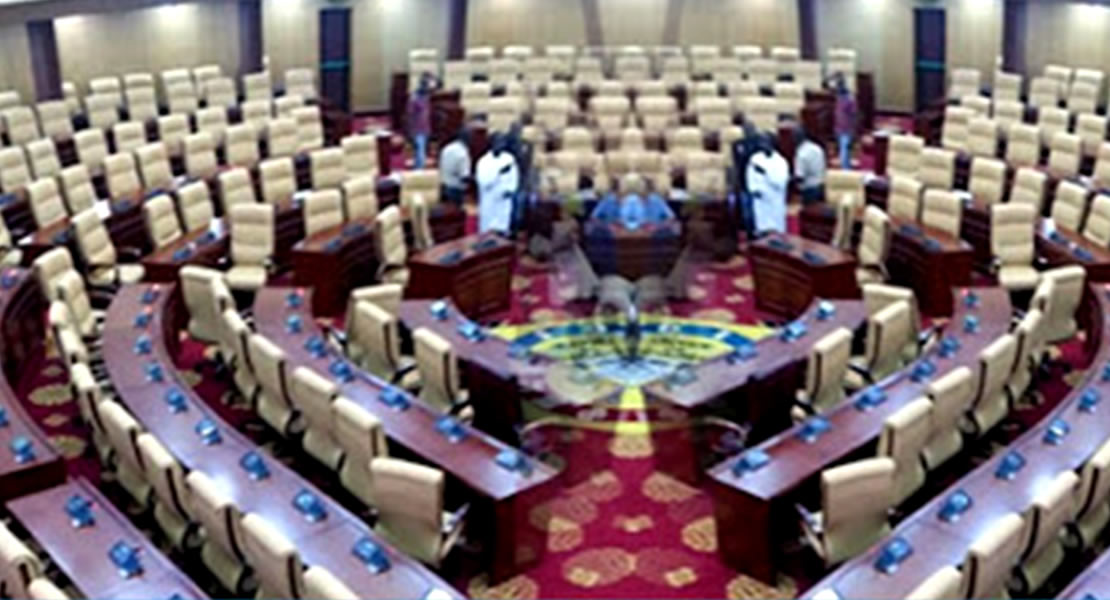
Parliament has approved customary laws on the line of succession of 11 traditional areas.
The codification of the customary laws on succession provides the needed guiding principles to deal with chieftaincy disputes.
The instruments on the Customary Laws are in respect of Nkoranza, Sunyani, Atebubu, Yeji, Prang and Drobo traditional areas, all in the Brong Ahafo Region, lower Axim traditional area in the Western Region, Gonja traditional area in the Northern Region, Kaleo traditional area in the Upper West Region and Kpone traditional area in the Greater Accra Region.
The instruments are intended to serve as a good source of information for the promotion of the country’s cultural heritage, as well as academic materials for the study of customary law in the country’s educational institutions and also for further research into subjects to enhance customary laws relating to lines of succession in traditional areas.
The key provisions of the instruments include succession and system of inheritance, election or selection of candidates to stools/skins, kingmakers, destoolment/de-enskinment and autonomy of stools/skins.
Presenting the report of the Subsidiary Legislation Committee on the declaration of the Customary Laws, the chairman, Kwame Osei-Prempeh, said the committee has observed that lack of legislation on succession to stools/skin accounts for most of chieftaincy disputes in the country, adding that it has been extremely difficult for the relevant state institutions to deal with cases in traditional areas where different versions of customary law rules on succession exists.
Mr. Osei-Prempeh said the committee deems the instruments as import pieces of legislation and therefore urged the government to provide funds to the National House of Chiefs to complete the exercise to cover the whole country so that chieftaincy conflicts do not affect national development.
Giving background to the exercise, Mr. Osei –Prempeh said in accordance with section 51 of the Chieftaincy Act 2008(Act 759), the National House of Chiefs started the collection and collation of data on lines of succession to stool/skins in the country through the holding of stakeholder’s workshops country wide.
He said reports from field officers for the exercise were submitted to the steering committee of the National House of Chief for collation and onward submission to the traditional councils through Regional House of Chiefs for verification and validation.
Subsequent to the verification, the concerned traditional councils adopted resolutions in support of the findings of the National House of Chiefs; Mr. Osei-Prempeh said, adding that these processes have culminated in the introduction to Parliament of the Instruments for ratification.
Source: Ghanaian Times